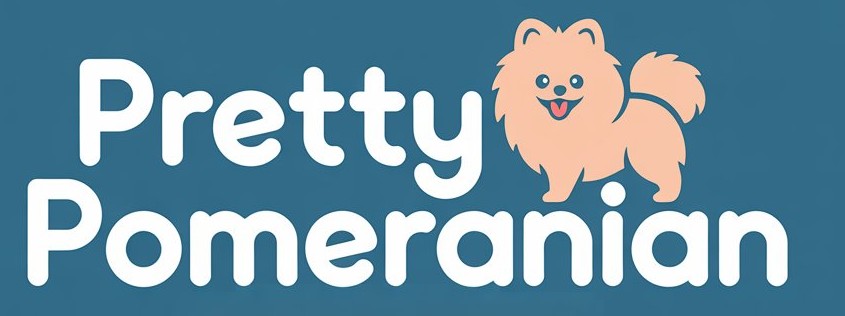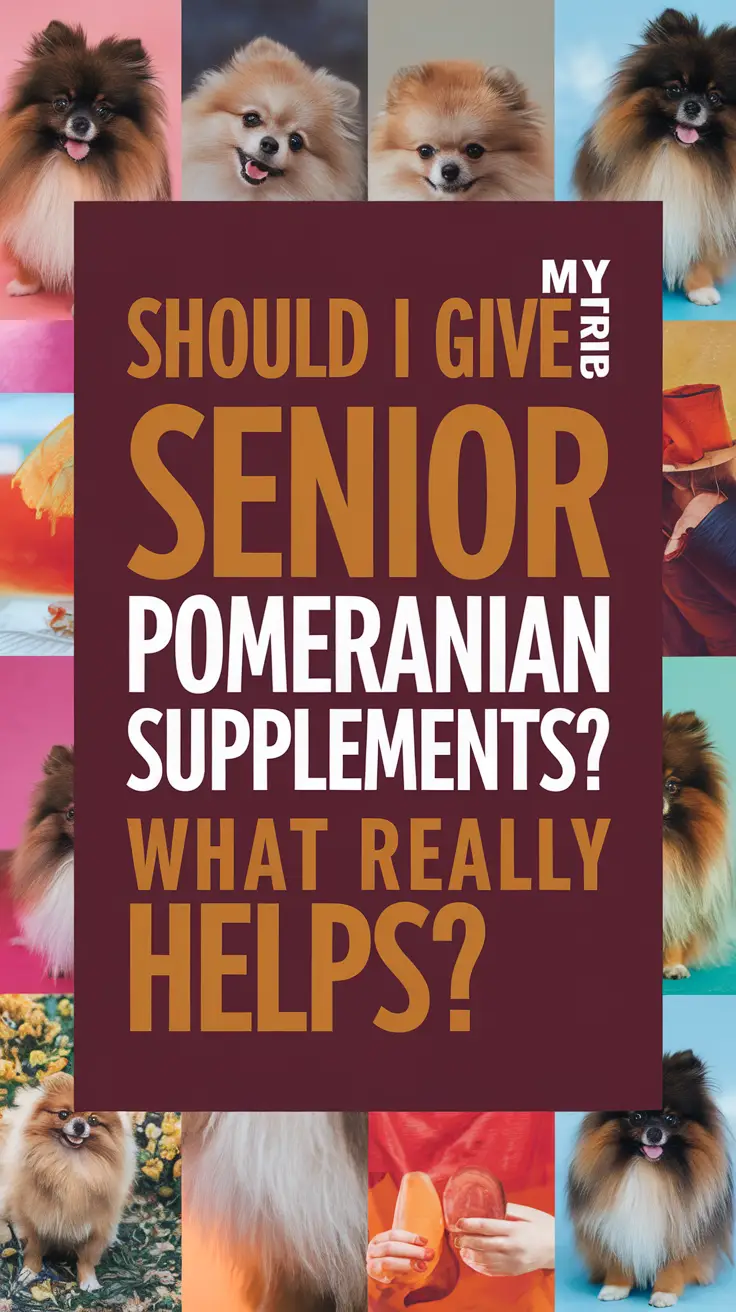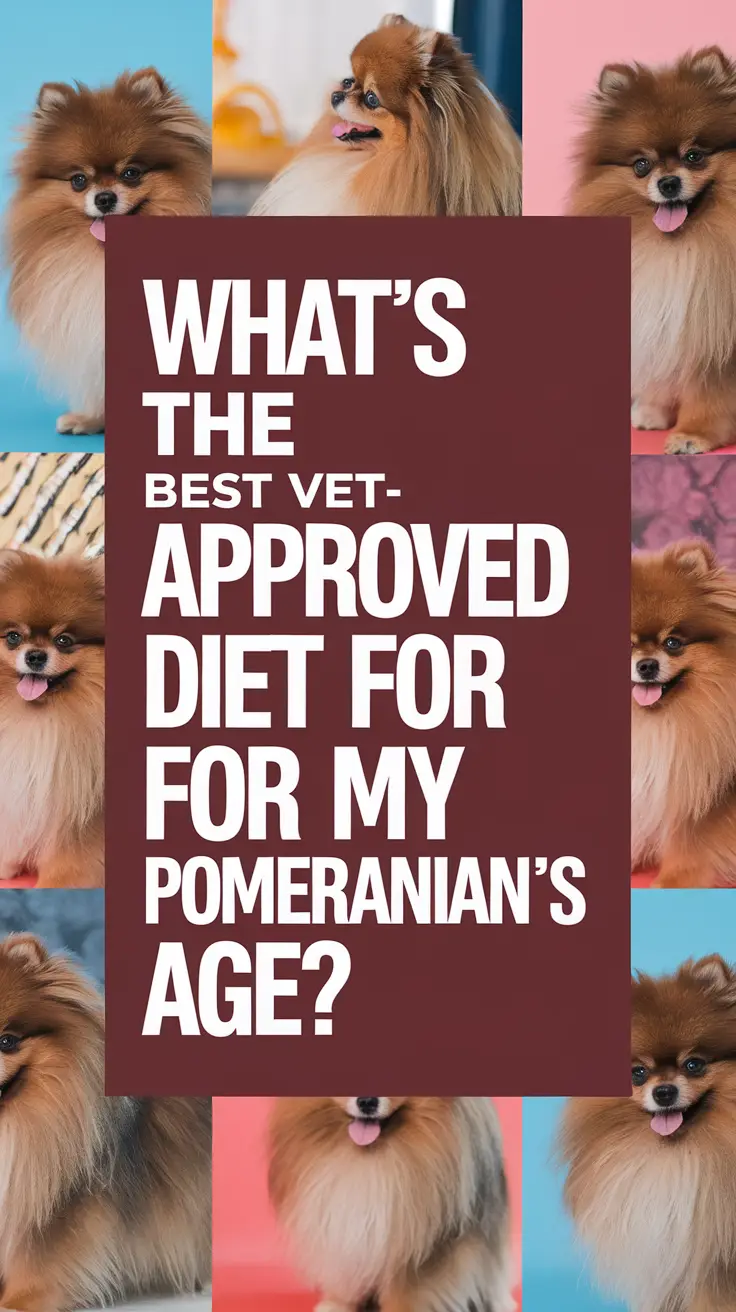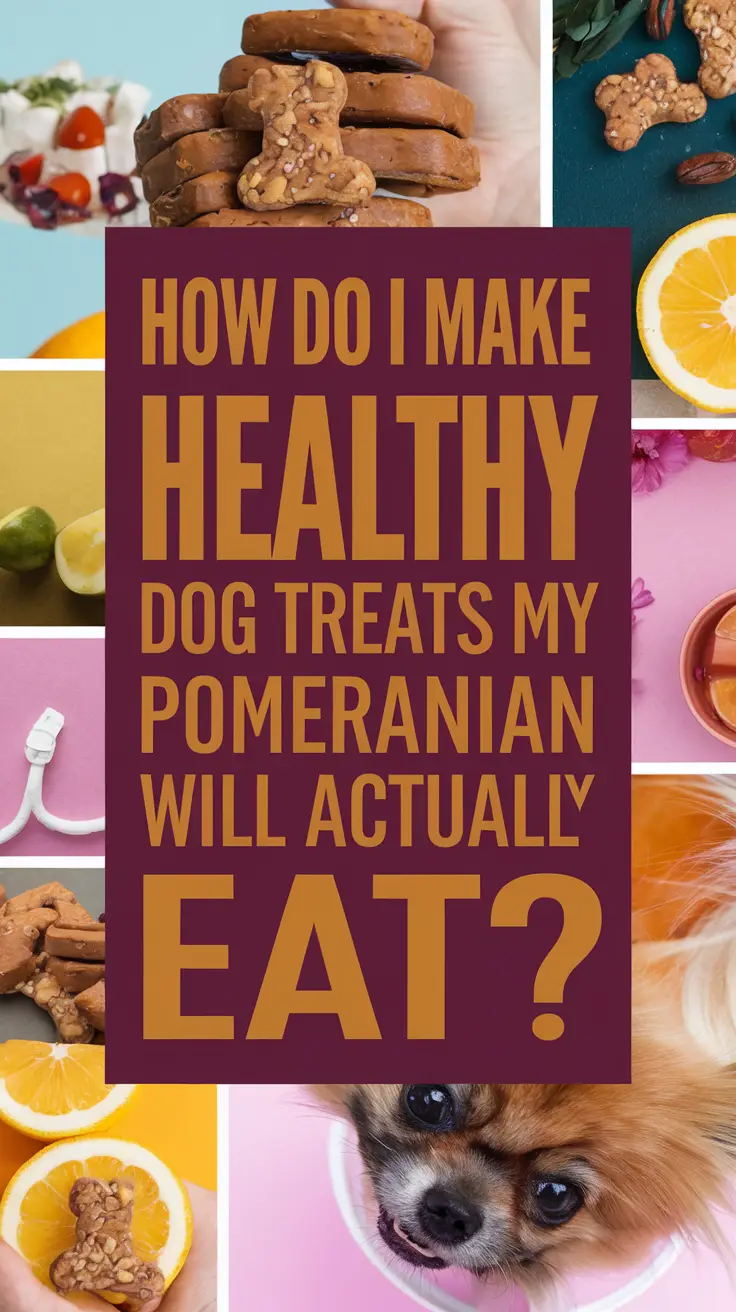Your fluffy friend’s golden years deserve golden care, and knowing which supplements veterinarians actually recommend can make the difference between a Pomeranian who merely survives their senior years and one who thrives with that signature Pom sass intact.
When my Sash hit eight years old, I noticed her morning zoomies turned into morning “slow-mies,” and suddenly I found myself in my vet’s office asking the question every devoted Pom parent eventually faces: what can I do to keep my little lion feeling young?
Here are the three key supplement categories veterinarians most commonly recommend for senior Pomeranians:
- Joint support supplements containing glucosamine and chondroitin for maintaining hip and knee health
- Omega-3 fatty acids for cognitive function, coat quality, and anti-inflammatory benefits
- Probiotics for digestive health and immune system support
Joint Support: Keeping Those Tiny Legs Moving
Pomeranians may act like they’re ten feet tall, but those delicate joints carry a lot of personality in a small package. My vet, Dr. Martinez, explained that Poms are particularly susceptible to luxating patella (kneecap dislocation) and hip dysplasia as they age. “Think of glucosamine and chondroitin as insurance for your Pom’s joints,” she told me during Sash’s senior wellness exam.
The American Kennel Club recognizes joint supplements as beneficial for small breeds, particularly those with genetic predispositions to orthopedic issues. Most veterinarians recommend starting joint supplements around age seven to eight, before problems become noticeable. Sash has been on a veterinary-grade glucosamine supplement for two years now, and I swear she still thinks she can leap tall furniture in a single bound – though I’ve strategically placed pet steps everywhere to save her joints from her own ambitions.
The downside? Quality joint supplements aren’t cheap, typically running $30-60 monthly for small dogs. Also, results take time – expect 6-8 weeks before seeing improvements in mobility or comfort.
Omega-3 Fatty Acids: Brain Food for Brilliant Poms
Pomeranians are naturally intelligent, but senior cognitive decline can affect even the smartest cookie. Omega-3 supplements, particularly those containing DHA and EPA from fish oil, support brain health while also promoting a lustrous coat – because even senior Poms deserve to look fabulous.
I started Sash on fish oil supplements when she began forgetting where I hid treats (a previously impossible feat for my food-motivated genius). Within three months, not only was her treat-detection ability restored, but her coat developed an almost puppy-like shine that had other dog owners asking about my grooming secrets.
Veterinarians typically recommend marine-based omega-3s over plant-based alternatives because dogs convert them more efficiently. The challenge lies in dosing – too much can cause digestive upset, while too little provides no benefit. Most vets recommend 20-55mg of combined EPA/DHA per pound of body weight daily.
Probiotics: Supporting the Tiny Tummy
Senior Pomeranians often develop sensitive stomachs, and their immune systems need extra support. Probiotics help maintain healthy gut bacteria, which directly impacts both digestion and immune function. Dr. Sarah Chen, a veterinary nutritionist, notes that “approximately 70% of a dog’s immune system resides in the gut, making probiotic supplementation particularly valuable for senior dogs.”
After Sash experienced a bout of stress-related digestive issues during a family move, my vet recommended a veterinary probiotic. The difference was remarkable – her digestion stabilized, and she seemed more energetic overall. The trick is choosing a probiotic specifically formulated for dogs, as human probiotics may not contain the right bacterial strains for canine digestive systems.
Probiotics are generally safe with minimal side effects, though some dogs may experience temporary digestive changes when starting supplementation. Quality varies widely among brands, so veterinary-recommended products typically provide more reliable results than pet store alternatives.
Additional Considerations for Your Senior Pom
Some veterinarians also recommend antioxidant supplements for senior Pomeranians, particularly those containing vitamin E, vitamin C, and selenium. These support cellular health and may help combat age-related cognitive decline. However, antioxidant supplementation requires careful balance – too much can actually be harmful.
Milk thistle is occasionally recommended for liver support in senior dogs, particularly those taking multiple medications. Always consult your veterinarian before adding milk thistle, as it can interact with certain medications.
The Reality Check: What Works and What Doesn’t
Not every supplement marketed to dog owners delivers results. Veterinarians generally advise against glucosamine treats (insufficient dosing), generic “senior dog” multivitamins (often unnecessary if feeding quality food), and most supplements containing excessive vitamin levels that can actually harm small dogs.
Cost is a real consideration – quality supplements for senior Pomeranians can easily run $50-100 monthly. However, many owners find this investment worthwhile when compared to potential veterinary bills for age-related health issues.
Remember that supplements work best alongside proper nutrition, regular exercise appropriate for senior dogs, and consistent veterinary care. They’re enhancement tools, not miracle cures.
Your Pomeranian has spent years being your devoted companion, entertainment committee, and personal foot warmer – doesn’t that fluffy little emperor deserve every advantage science can offer for comfortable, joyful golden years? The right supplements, chosen with veterinary guidance, might just help your senior Pom maintain that legendary Pomeranian attitude well into their teens, proving that good things really do come in small, supplemented packages.




